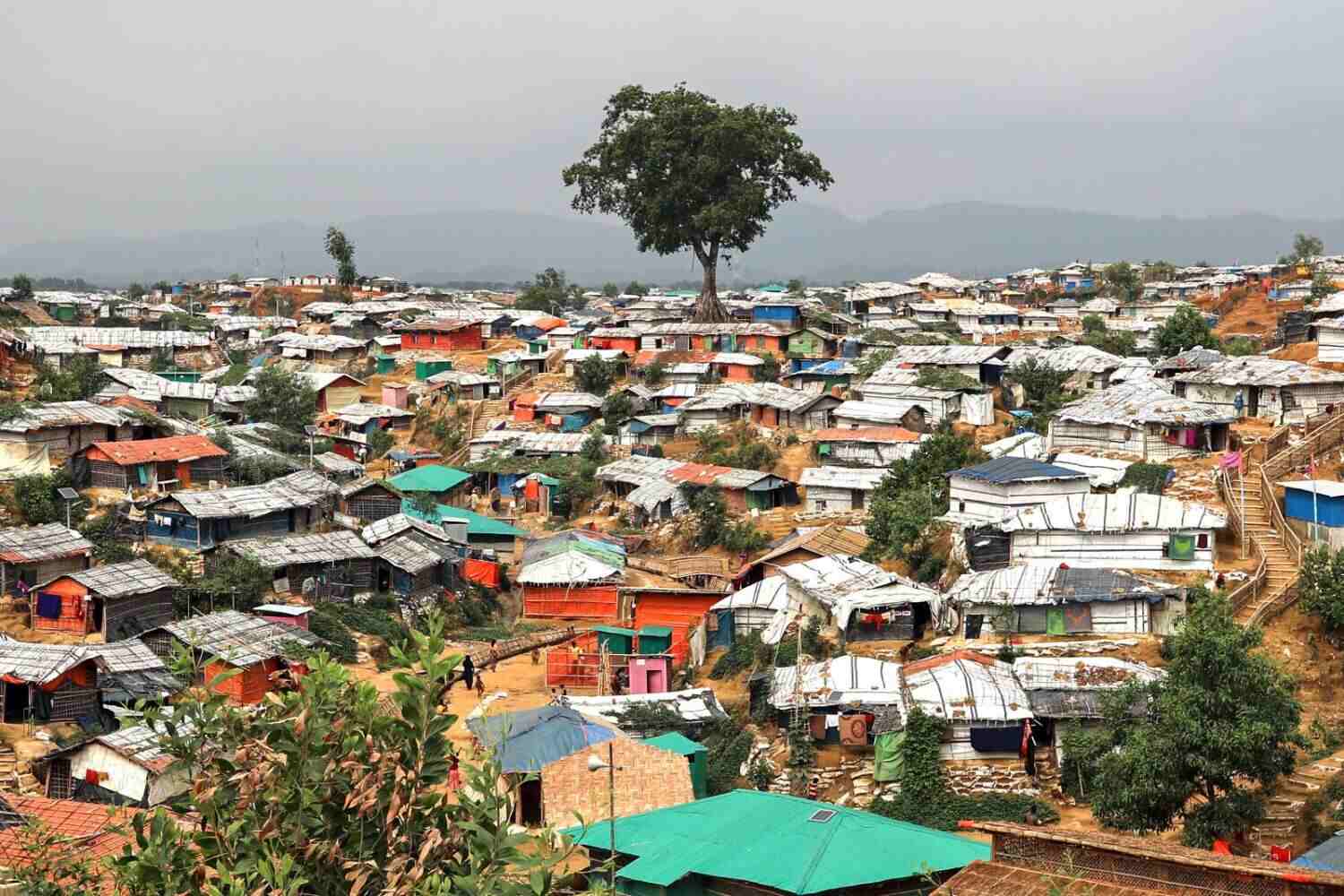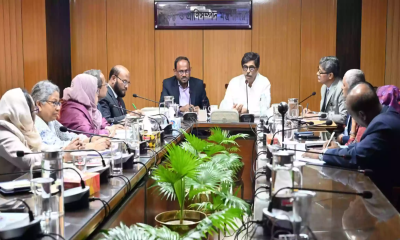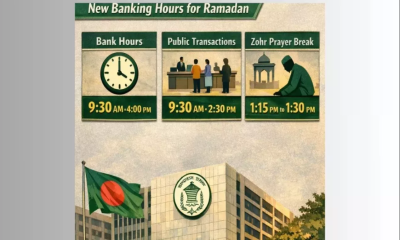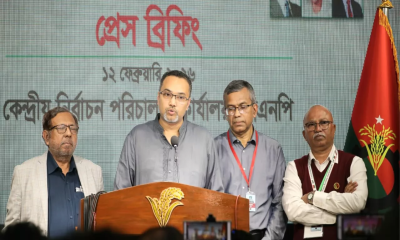In July, Rafiq, a 32-year-old Rohingya man, made a dangerous decision. He slipped out of one of the world`s largest refugee camps in Bangladesh, boarded a small boat, and crossed the border into Myanmar, a country he had fled in 2017 to escape violence.
His goal was clear: to fight in the ongoing civil war in Myanmar, where he believed he could help reclaim the land his people had lost.
Rafiq is not alone. Thousands of Rohingya refugees, living in crowded camps in Cox’s Bazar, Bangladesh, are being recruited by militant groups, with reports of increasing violence and growing tensions in the camps.
According to Reuters, several people familiar with the situation, as well as internal reports from aid agencies, say that as many as 3,000 to 5,000 Rohingya fighters have joined insurgent groups this year.
"We need to fight to take back our lands," Rafiq said, sitting with a bandage on his leg after being shot while fighting in Myanmar. "There is no other way."
The Rohingya, a mostly Muslim ethnic group, have been living as refugees in Bangladesh since 2016, fleeing what the United Nations called genocide at the hands of Myanmar`s military.
Since the military coup in Myanmar in 2021, the conflict has deepened, with many armed groups now fighting in the region. Some Rohingya have joined these groups, hoping to regain control of the land they lost.
Reuters spoke to 18 people, including Rohingya fighters, aid workers, and local officials, and reviewed reports showing that militant groups like the Arakan Rohingya Salvation Army (ARSA) and the Rohingya Solidarity Organization (RSO) are gaining ground in the camps.
The reports also revealed that Myanmar`s military junta is trying to recruit Rohingya fighters, offering them money, weapons, and even promises of citizenship.
One fighter, Abu Afna, described how the junta provided him with shelter, training, and arms after he crossed into Myanmar to join the fight.
Despite knowing the military had been responsible for the killings and rapes of his people, he said he felt compelled to join the effort.
"When I’d be with the junta, I would feel that I am standing next to the same people who raped and killed our mothers and sisters," he said.
The military has reportedly offered citizenship documents to the Rohingya fighters, a highly appealing offer for a group that has been denied citizenship in Myanmar for generations.
"We didn’t go for the money," Abu Afna explained. "We wanted the card, nationality."
Between March and May, around 2,000 Rohingya were recruited to fight through a mix of promises, threats, and coercion, according to a report seen by Reuters.
Many of these recruits, including children as young as 13, were forced into service.
In Bangladesh, the government has been reluctant to take in more refugees, with some officials believing that supporting an armed struggle could push Myanmar to negotiate and allow Rohingya refugees to return home.
Retired Brigadier General Md. Manzur Qader, who has visited the refugee camps, said that backing Rohingya fighters could create pressure on Myanmar`s government to deal with the crisis.
He recalled one official telling insurgents, “It’s your country, you go and take it back.”
Meanwhile, in the Myanmar town of Maungdaw, Rohingya insurgents are engaged in heavy fighting with the Arakan Army, a group backed by the ethnic Rakhine, who have historically persecuted the Rohingya.
Despite facing a better-equipped enemy, the Rohingya fighters have slowed the Arakan Army’s offensive with ambush tactics, according to Reuters sources.
The violence in the camps has worsened in recent months. Reuters reported that armed groups have killed at least 60 people in the camps this year, with many more victims suffering from abductions, torture, and harassment.
Human rights groups warn that if the situation isn’t addressed, it could lead to even more unrest in the region.
Wendy McCance, the director of the Norwegian Refugee Council in Bangladesh, said the international community must do more to help refugees.
"International funding for the camp will run out within 10 years," she warned, adding that refugees, particularly young men, are increasingly being drawn into organized groups because they lack opportunities for work and education.
Back in the camps, where overcrowding, poverty, and violence are daily realities, the Rohingya people live in constant fear. Sharit Ullah, a refugee who escaped Maungdaw with his wife and four children, described the struggle for food and safety.
"We have nothing here," he said, as his children played in the crowded alleyways. "We live in fear."
This ongoing crisis has created a dangerous situation for both the Rohingya people and the countries in the region.
The growing numbers of armed fighters and the continuing violence in the refugee camps make the situation increasingly unpredictable.
As Reuters reports, the international community must act quickly to address the root causes of the conflict and prevent further instability in the region.




-20260219054530.webp)


-20260218060047.jpeg)
-20260216055149.webp)

























